Tag Archive: Social Change
March 18, 2013
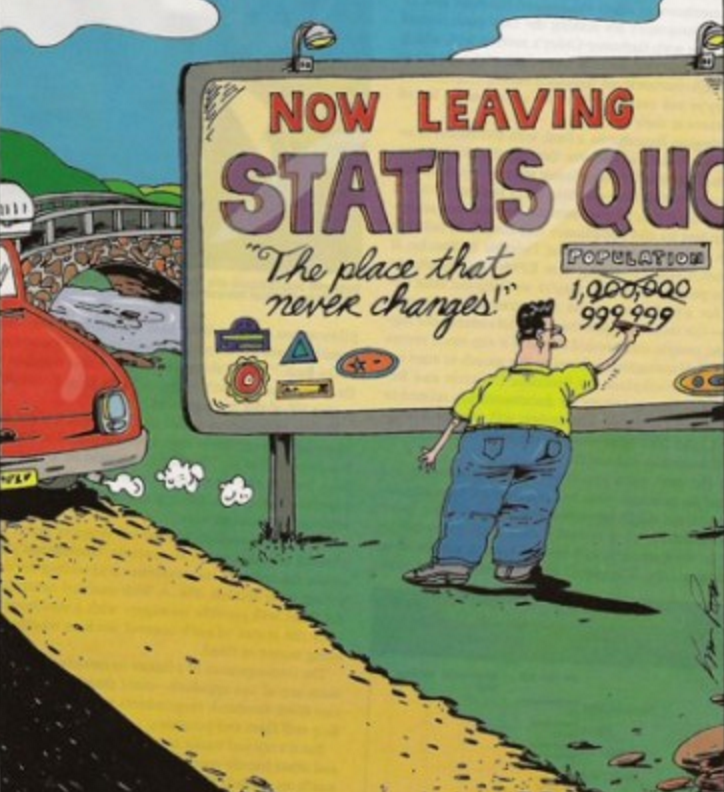
A big shout out to our colleagues at the Kirwan Institute for the Study of Race and Ethnicity. Their recently released report “State of the Science: Implicit Bias Review 2013” reviews what science can tell us about what implicit bias is and how it works, why it matters and how to reduce it. Here’s a quick recap:
Implicit bias results from the way our brains process data and experience. We’re wired for pattern recognition and our brains use lots of shortcuts to make sense of the world around us. In and of itself, this isn’t necessarily a good or bad thing. But, so many of the implicit associations we make are laden with stereotypes—say, between women and family, vs. men and careers. (Check out the Project Implicit to explore your implicit biases.) We absorb these associations from the world around us and they become part of our unconscious “operating system.”
Read More
March 13, 2013
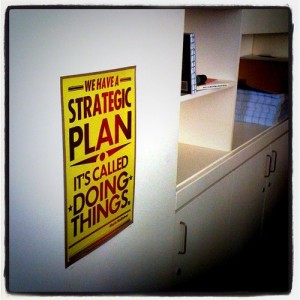
|Photo by Alper Cugun|http://www.flickr.com/photos/alper/5222966685|
Last week I posted an entry on this blog about the myriad ways that people and organizations are engaged in “net work” for social change, by profiling three different initiatives focused on strengthening local food systems and food security. Not only is there a difference in the process, but there is also variation in terms of so-called ends or outcomes. The topic of “planning” has come up quite a bit in these networks and many questions asked about what “a plan” looks like in the context of multi-stakeholder/organizational initiatives tackling complex issues. Once again, the answer is that it depends. In both direct experiences at IISC and in additional research about other initiatives, there is a wide variety around what constitutes a plan for social change. Read More
February 20, 2013
“The trickster is anybody who’s a bit of an outsider. They’re the ones who make change. They’re not thinking about making change; they’re almost doing it in a selfish way. But because they’re working outside the rules, they change the rules. Everything around them is always new, everything is an opportunity.”
– Angela Cheng
Over the long weekend, my wife and I spent some time looking through the archives of old TED talks and stumbled upon a great one from humorist-philosopher Emily Levine where she talks about the important role of the trickster in facilitating change. Read More
February 13, 2013

|Photo by Dawn Huczek|http://www.flickr.com/photos/31064702@N05/3847338602|
Working with numerous multi-stakeholder collaborative change efforts, we at IISC are often invited to help people co-create the structures and processes that will move their complex work and collective development forward. There is never an easy or readily apparent answer and each case is unique to its particular context and nature. A quote that I’ve found helpful to quell some of the anxiety that comes up around this work, especially among those who want to rush to adopt a structure that others have used and “get on to the work” (more on this false dichotomy here), comes from Fritjof Capra from the Center for Ecoliteracy. Capra writes about the importance of recognizing and working the dynamics of life. Read More
February 6, 2013
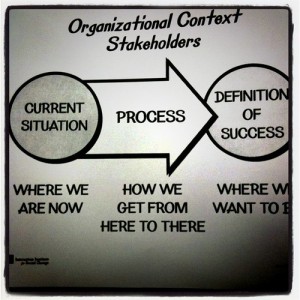
I have appreciated the growing literature around what has been called “collective impact.” These writings from staff at FSG have certainly helped people around the country engaged or aspiring to engage in collaborative multi-organizational change work to develop shared language around some of the important underpinnings of walking this path. I have also voiced some concerns about what is NOT mentioned in these writings, including some of the critical process elements and experiences that are core to this work.
So I am heartened that in their most recent installment, “Embracing Emergence: How Collective Impact Addresses Complexity,” the authors recognize that Collective Impact is not simply a recipe to be followed and that its unique unfolding is part of its power. Read More
January 29, 2013

Something BIG happened on Monday, January 21, 2013. In his second inaugural address President Obama made an unapologetic link between the struggles for liberation and our nation’s evolutionary thrust.
We, the people, declare today that the most evident of truths—that all of us are created equal—is the star that guides us still; just as it guided our forebears through Seneca Falls and Selma and Stonewall; just as it guided all those men and women, sung and unsung, who left footprints along this great Mall, to hear a preacher say that we cannot walk alone; to hear a King proclaim that our individual freedom is inextricably bound to the freedom of every soul on earth.
Read More
December 18, 2012

Andrew Zolli is a long time friend of the Interaction family. His recent piece on the New York Times, Learning to Bounce Back, reminded me of why Marianne Hughes, founder and former Executive Director of IISC has been raving about his new book on resilience.
Read More
December 11, 2012

David Peter Stroh hits the nail on the head with his recent post on the relationship between systems thinking and spiritual practice on the Leverage Points Blog. Our ways of seeing and ways of being are profoundly affected by our interior condition. Many aspects of systems thinking are deeply aligned with the wisdom of many spiritual traditions.
Read More
December 4, 2012
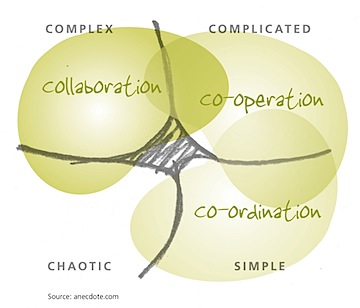
I like to describe IISC as a collaboration shop. We look at collaboration through three lenses. When looking through the lens of networks we are acknowledging a shift from “complicated to complex” (see image). We often rely on the Cynefin framework to encourage an attitude of exploration, a more open attitude than the quest for technical answers that obsesses so much of our work for social change.
I had not seen the overlay of complexity and collaboration that Shawn Callahan articulates so well. I love the work of our friends at Anecdote, and this blog post is a must read:
Read More
November 26, 2012
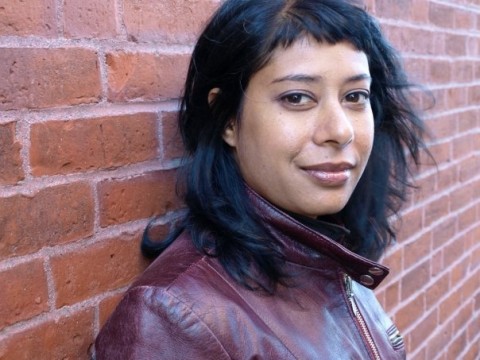
“If I can’t have what I want, I will settle for great free public education for every kid; fair wages for every kind of work; a guaranteed right to vote; an end to segregation in our hospitals, neighborhoods, airports, child welfare departments. I will settle for justice. I will settle for love. I will settle for freedom.”
Read More
November 16, 2012

I recently got to attend two events with racial equity educator and filmmaker, Shakti Butler, in Boston. Her new film, Cracking the Codes: The System of Racial Inequity, is full of stories that help to paint the picture of how race and racism operate in the U.S. – at the internal, interpersonal, institutional and structural levels. Drawing on the work of john powell and others, Shakti emphasizes that racial inequities are constantly shapeshifting, that racism is a dynamic system with multiple layers functioning simultaneously, and that we are all wounded as a result.
Read More
November 12, 2012

In the discussion of my post from last week about human connections across political divides, we were exploring the challenge of engaging with people whose views we do not share or even necessarily respect, without disrespecting the person or doing damage to relationships. This week, a young woman named Denise Helms gave me a real challenge.
Read More










